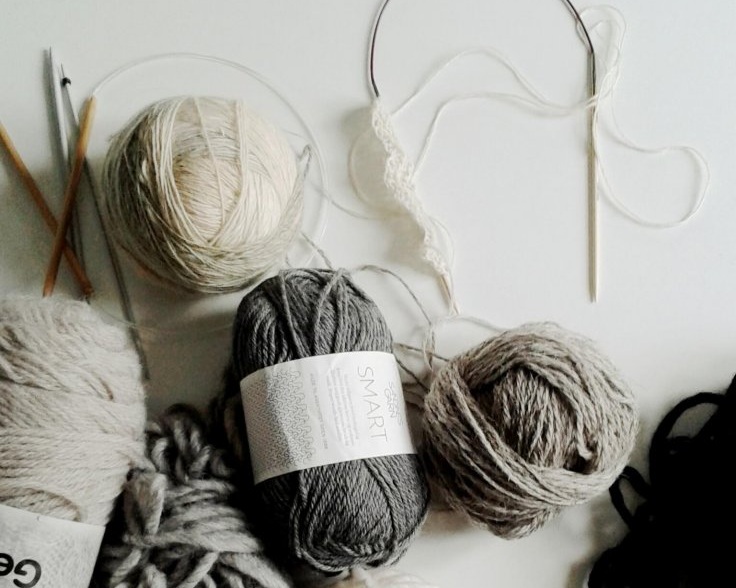Ever since Gudrun & Gudrun – the Faroese knitwear brand behind Sarah Lund’s woollen jumper in the cult Danish TV series, The Killing – stitched its first sweater, an ethos of sustainability was spun into the company’s fabric.
Not only did it champion traditional hand-knitting methods with its team of 30 knitters on the Faroe Islands, but it developed two fully-fledged women’s empowerment projects at outposts in Jordan and Peru, where they have employed between 25 and 30 local women since 2008 and 2012 respectively. The aim? To provide fair and culturally non-threatening income to women with limited moneymaking options due to the fact that, in both societies, they are expected to be homemakers.
The brand’s development work has now taken a step further as they have begun employing female refugees from Syria in their Jordanian outpost and helping them take a step towards regaining their freedom.
Disproportionately affected by the ongoing conflict, both within Syria and beyond, there are currently 655,217 UNHCR-registered Syrian refugees in Jordan, of which 36% are in female-headed households.
Already-stretched resources in Jordan mean that refugees – particularly women, due to entrenched social stigma – have trouble supporting themselves financially, and often must make impossible choices between family necessities: healthcare, food and shelter. Add social isolation and lack of income to the mix, and women become especially vulnerable to exploitation.
Enter Gudrun & Gudrun and their Jordanian project coordinator Hind Hammouqah who explains that while she hasn’t actively recruited knitters from refugee camps, Syrian women who have made it into Amman have contacted her after hearing about the opportunity for work. Experiencing the same traditional barriers that limit Jordanian women’s ability to work, but with the added complexity of starting from scratch, they are looking for opportunities for independence.
Once signed up, the knitters receive basic tuition, meet at a warehouse to pick up yarn and equipment, and follow knitting patterns at home as they work around their other family commitments.
“These women once had good lives in Syria, but were scared for their children’s safety when the war began. They came to Jordan to feel secure,” says Hammouqah. “There are NGOs here that can help with food and clothes, but not money.”
To read the full article, view the original post on the International Business Times website.
